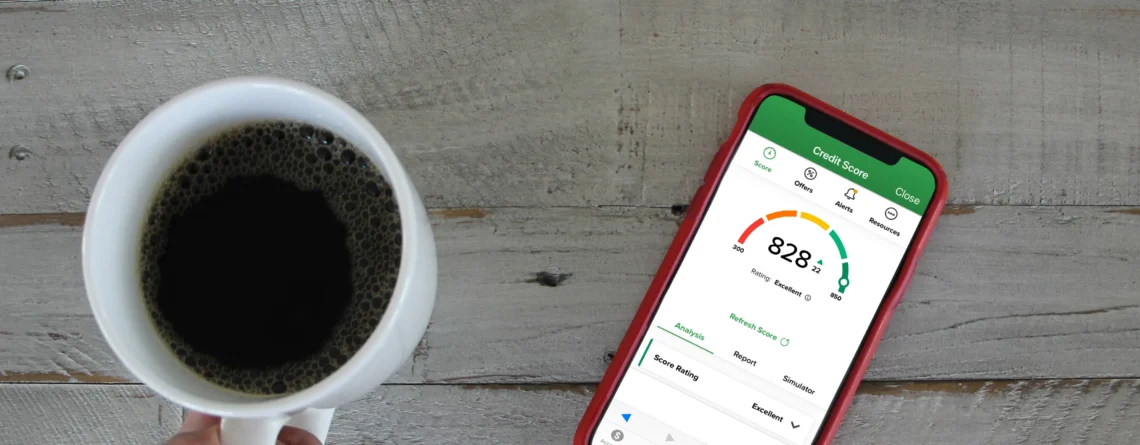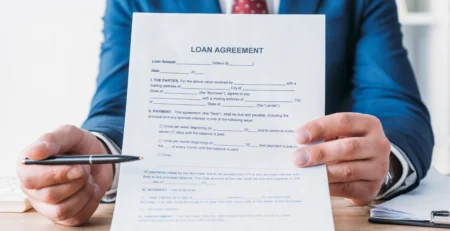Construction loans are financial products that provide funding for building or renovating a property. Unlike traditional mortgages, they are designed to provide money as the construction work progresses, with funds released in stages as the job reaches certain milestones. Construction loans are generally offered by banks or specialist lenders, and there are different types of loan available, including both traditional loans and government-backed loans.
If you’re considering a construction loan, one factor that will be crucial is your FICO score. While lenders will look at various factors when assessing your eligibility, your credit score is likely to be one of the most important. In this article, we’ll explore what FICO scores are, why they matter for construction loans, and what you need to know to make sure you meet the minimum requirements.
What Is a FICO Score?
A FICO score is a credit score that is used by lenders to assess your creditworthiness. It is calculated based on information from your credit report that relates to your credit history and current financial position. Your FICO score is used to determine the likelihood that you will pay back a loan on time.
FICO scores are used by the majority of lenders in the United States, and they range from 300 to 850. The higher your score, the better your credit rating is considered to be. FICO scores are calculated using a range of factors, including your payment history, level of debt, length of credit history, and types of credit used.
Why Does Your FICO Score Matter for Construction Loans?
When you apply for a construction loan, lenders will assess your eligibility based on a range of factors. One of them is your credit rating. Because construction loans are typically secured by the value of the property built or renovated, they are considered to be high-risk loans. Lenders look for borrowers with a good track record of paying back loans on time. Which means they prefer soneone who has a low risk of defaulting.
Your FICO score provides lenders with an important indication of your creditworthiness. A higher score is generally seen as a sign that you are a low-risk borrower. It makes it more likely that you will be approved for a construction loan. If you have a low credit score or a history of missed payments, lenders may see you as a higher risk. As a result they may be less willing to lend you the money you need.
Minimum FICO Score Requirements for Construction Loans
The minimum FICO score requirements for construction loans vary depending on the lender and the type of loan. However, as a general rule, borrowers will need a credit score of at least 680 to be eligible for a construction loan. Some lenders may require scores of 700 or higher. Particularly for more complex loans or for borrowers with higher levels of debt.
In addition to your credit score, lenders will also look at your debt-to-income ratio (DTI). This is a measure of the amount of debt you owe compared to your income. Lenders prefer borrowers with a DTI of less than 43%, although some lenders may allow DTIs of up to 50%.
It’s worth noting that even if you meet the minimum FICO score requirements for a construction loan, it doesn’t necessarily mean that you will be approved. Lenders will also look at other factors, such as your employment history, income, and the value of the property you are building or renovating. Additionally, construction loans tend to be more complex and more time-consuming to process than standard mortgages, so the approval process can be longer and more demanding.
How to Improve Your FICO Score for a Construction Loan
If your FICO score is currently too low to qualify for a construction loan, there are steps you can take to improve it. Here are some tips:
1. Check Your Credit Report
Before applying for a construction loan, it’s a good idea to check your credit report to make sure that it’s accurate and up-to-date. You can get a free copy of your report from each of the three major credit bureaus (TransUnion, Experian, and Equifax) once a year. Look for any errors or discrepancies and dispute them if necessary.
2. Pay Bills on Time
Paying your bills on time is one of the best ways to improve your credit score. Late or missed payments can have a significant negative impact on your score. Set up automatic payments or reminders to help ensure that you are always paying on time.
3. Reduce Your Debt
Reducing your debt can help improve your credit score by lowering your debt-to-income ratio. Focus on paying off high-interest debt, such as credit card balances, first. Avoid closing credit accounts, as this can actually harm your credit score by reducing your available credit.
4. Limit New Credit Applications
Avoid applying for new credit in the months leading up to your construction loan application. Each time you apply for credit, it results in a hard inquiry on your credit report, which can temporarily lower your score.
5. Be Patient
Improving your credit score takes time, so be patient and stay focused on your goals. It’s a good idea to start working on your credit score well before you actually need a construction loan, as it can take several months or even years to see significant improvement.
FAQs about Minimum FICO Score Requirements for Construction Loans
Q: Can I get a construction loan with a low FICO score?
A: It’s possible, but it will depend on the lender. Some lenders are more willing to work with borrowers with low credit scores than others. However, you may need to pay higher interest rates or provide additional collateral to secure the loan.
Q: Can I get a government-backed construction loan with a low FICO score?
A: Government-backed construction loans, such as those offered by the FHA or VA, may be more forgiving of low credit scores than traditional loans. However, you will still need to meet minimum FICO score requirements, which vary depending on the specific loan program.
Q: Can I get a construction loan with a high DTI ratio?
A: It’s possible, but it will depend on the lender. Some lenders are more willing to work with borrowers with high DTIs than others. However, you may need to pay higher interest rates or provide additional collateral to secure the loan.
Q: What other factors do lenders look at when assessing eligibility for a construction loan?
A: In addition to your credit score and DTI ratio, lenders will consider factors such as your employment history, income, savings, and the value of the property you are building or renovating.
Q: How long does it take to get approved for a construction loan?
A: The approval process for construction loans can be longer and more complex than for traditional mortgages. It may take several weeks or even months to get approved, and you may need to provide additional documentation or information as the process unfolds.
Conclusion
Your FICO score is an important factor to consider when applying for a construction loan. Lenders will look at your credit score to assess your creditworthiness and determine whether you are a good risk. To qualify for a construction loan, you will generally need a minimum FICO score of at least 680, although the specific requirements may vary depending on the lender and the loan program. If your credit score is too low, take steps to improve it well in advance of your loan application. By doing so, you can increase your chances of getting approved and securing the funding you need.












Leave a Reply